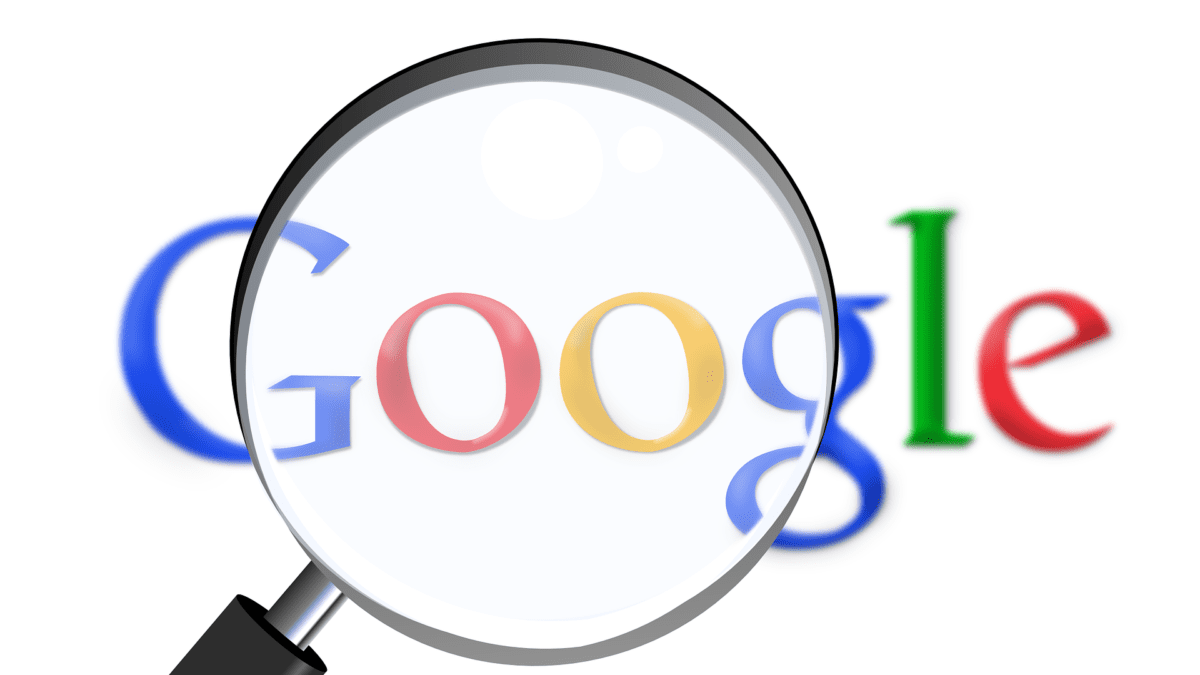
Bringen gekaufte Links Vorteile im Google Ranking?
3. November 2019
Vorübergehendes ’noindex‘ kann spätere Indexierung einer Webseite verzögern
10. November 2019Es gibt Indizien dafür, dass Google rund um den 7. November 2019 ein neues, nicht angekündigtes Update ausgerollt hat. Betroffen sind Websites aus verschiedenen Branchen.
Veränderungen in den Rankings
Verschiedene Quellen berichten über teilweise starke Veränderungen der Rankings und des organischen Suche-Traffics. Betroffen sind Websites verschiedener Branchen und aller Größen. Alle zeigten Verluste von mehr als 30 Prozent.
Der bekannte SEO Alan Bleiweiss nennt auf Twitter folgende Beispiele:
- Gesundheit
- Reise
- Rezepte
- BTC Commerce
- Tech News
- Hautpflege
Auch manche Affiliate-Websites scheinen betroffen gewesen zu sein. Im WebmasterWorld-Forum gibt es zahlreiche Berichte über Veränderungen seit dem 6. November. Interessanterweise zeigen die großen Ranking-Tracker keine deutlichen Ausschläge.
Schlagzeilen für die Veränderungen verantwortlich?
Interessant ist, dass es im Zeitraum des vermuteten Updates zu einem starken Anstieg des Anteils von Schlagzeilen-Boxen auf den Google-Suchergebnisseiten gekommen ist. Weil durch die Schlagzeilen die übrigen organischen Ergebnisse weiter nach unten rutschen, kann dies zu einem Rückgang des Suche-Traffics führen. Dazu würde die Beobachtung passen, dass es mehr Verlierer als Gewinner des vermuteten Updates gibt.
Bisher keine offizielle Bestätigung von Google
Bisher gibt es keine offizielle Bestätigung eines Updates durch Google. Es ist auch nicht anzunehmen, dass sich Google konkret dazu äußern wird. Dennoch dürfte es mit hoher Wahrscheinlichkeit ein Update gegeben haben. Die vielen Beobachtungen aus unterschiedlichen und unabhängigen Quellen sprechen dafür.
Bei den großen Google Updates geht es in erster Linie um die Relevanz und Qualität der Inhalte. Diese müssen zu den Bedürfnissen der Nutzer passen. Dazu arbeitet Google an einem besseren Verständnis der Suchanfragen. Ein großer Schritt auf diesem Weg war zuletzt des BERT-Update.





